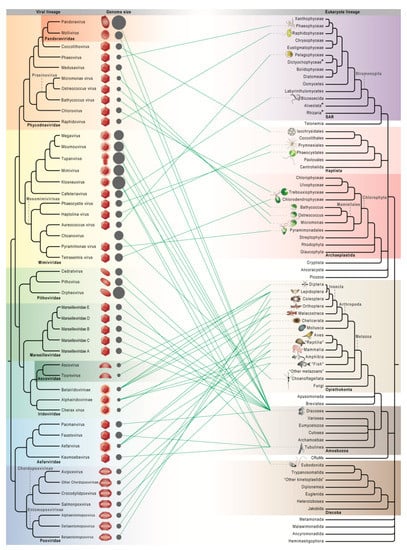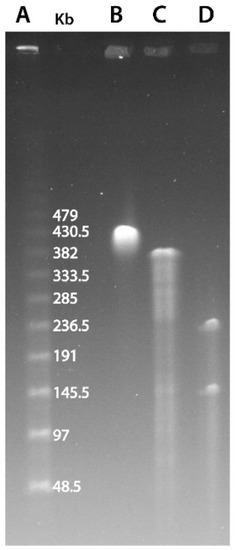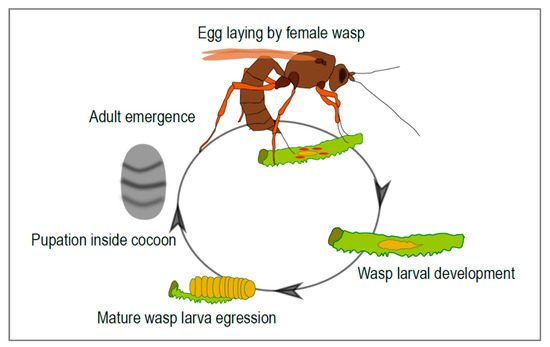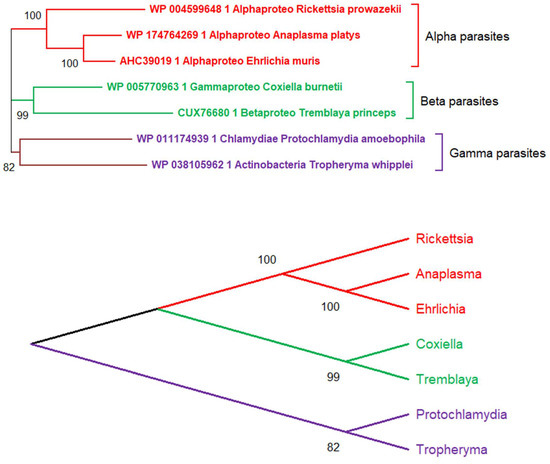Unconventional Viruses (Closed)
A topical collection in Viruses (ISSN 1999-4915). This collection belongs to the section "Viruses of Plants, Fungi and Protozoa".
Viewed by 38496
Editor
Interests: giant viruses; virus origin and evolution; epistemology of microbiology
Special Issues, Collections and Topics in MDPI journals
Topical Collection Information
Dear Colleagues,
Since its very beginning, with the serendipitous discovery of the tobacco mosaic virus by Dmitri Ivanovsky in 1892, virology has mostly focused on those viruses responsible for (often dreadful) diseases of human, animals, or plants. Most of the research was then dedicated to the mechanisms of pathogenicity rather than to the physiology of the viruses as biological entities. One noticeable exception was the study of bacteriophages that led to the basic concepts of modern cellular biology and to many of today’s molecular biology tools. About fifteen years ago, a second wind of virology occurred with the discovery of the first giant viruses infecting amoeba, rapidly followed by that of an unexpected diversity of families associated with other protozoan and algal hosts. Through isolations or large-scale environmental metagenomic studies, a flurry of new viruses has since been uncovered that are considered unconventional due to their virion size and morphology, unusual gene contents, or exotic modes of replication. Beyond their unanticipated diversity, these “unconventional viruses” are challenging the established borders between the viral and cellular worlds as well as traditional views on the origin of life.
This Special Issue will gladly welcome articles pertaining to any of these unconventional viruses, from virophages to multipartite RNA and DNA viruses, huge phages, archaeal viruses, giant DNA viruses, as well as to the emerging concept of virus-encoded metabolism.
Prof. Dr. Jean-Michel Claverie
Collection Editor
Manuscript Submission Information
Manuscripts should be submitted online at www.mdpi.com by registering and logging in to this website. Once you are registered, click here to go to the submission form. Manuscripts can be submitted until the deadline. All submissions that pass pre-check are peer-reviewed. Accepted papers will be published continuously in the journal (as soon as accepted) and will be listed together on the collection website. Research articles, review articles as well as short communications are invited. For planned papers, a title and short abstract (about 100 words) can be sent to the Editorial Office for announcement on this website.
Submitted manuscripts should not have been published previously, nor be under consideration for publication elsewhere (except conference proceedings papers). All manuscripts are thoroughly refereed through a single-blind peer-review process. A guide for authors and other relevant information for submission of manuscripts is available on the Instructions for Authors page. Viruses is an international peer-reviewed open access monthly journal published by MDPI.
Please visit the Instructions for Authors page before submitting a manuscript. The Article Processing Charge (APC) for publication in this open access journal is 2600 CHF (Swiss Francs). Submitted papers should be well formatted and use good English. Authors may use MDPI's English editing service prior to publication or during author revisions.
Keywords
- unconventional viruses
- giant DNA viruses
- huge phages
- archaeal viruses
- virophages
Related Special Issue
- Algae Virus in Viruses (12 articles)














